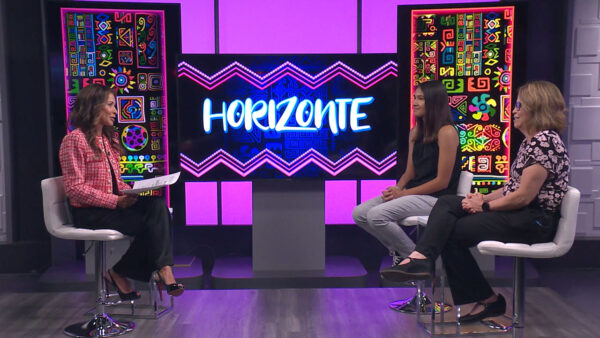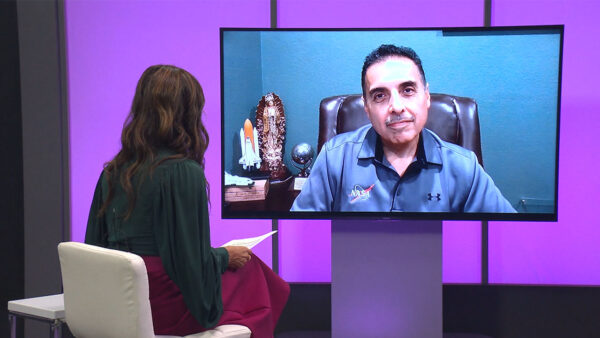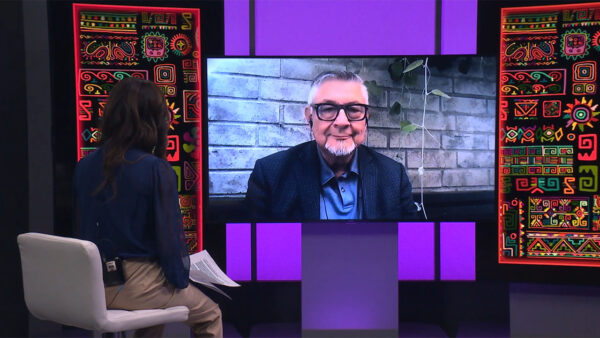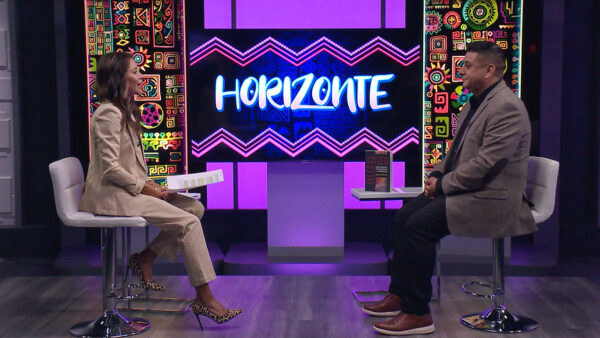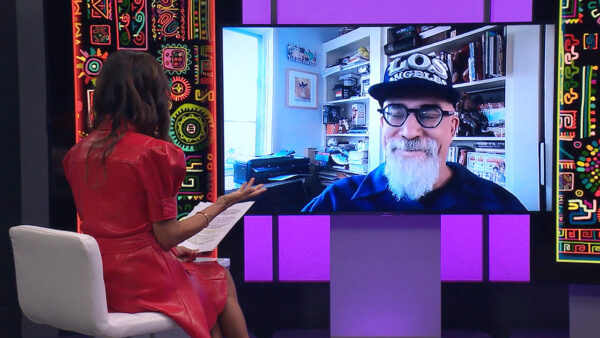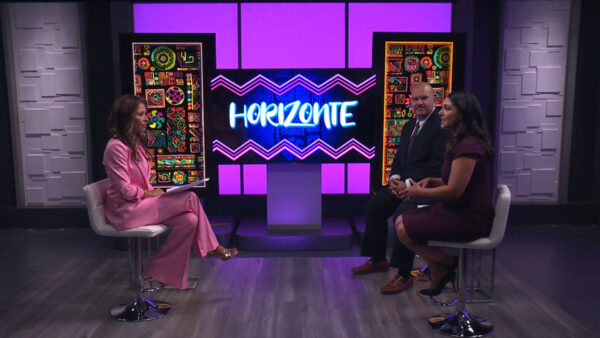For many Latinos, skin color shapes their daily lives
April 13, 2024
The impact of skin color in the lives of Latinos across the U.S. is huge. It impacts the ability to move ahead in careers and their daily lives. Many Latinos view skin color as a factor affecting their chances to become successful.
According to a Pew Research study, 62% of Latinos say having a darker skin color hurts their ability to get ahead.
Dr. Edward Vargas from the School of Transborder Studies at ASU joined “Horizonte” to discuss colorism from within and outside Hispanic communities.
“Colorism is the practice and the prejudices and the discrimination that happens because it’s an individual skin tone,” Dr. Vargas said. “Colorism is also deeper than just skin tone.”
Discrimination in Latinos based on their skin color can be evident in simple things like going out to eat or shopping. Not only that but getting a home loan is difficult for Latinos.
“Interest rates are affected in this fact that Latinos pay higher interest rates in terms of their mortgages even though they have good credit relative to their white counterparts,” Dr. Vargas said.
The American Civil Liberties Union (ACLU) performed an evaluation of the Maricopa County Sheriff’s Office and found Latinos are more likely to be stopped. According to Dr. Vargas, there is bias shown in the data.
“Another key piece to this is that the race of the police officer actually matters here,” Dr. Vargas said. “So if you’re pulled over by a Latino cop relative to a white cop, it impacts whether or not you get arrested or held for a longer period of time.”
Colorism is a conversation that needs to be taking place on a regular basis. Dr. Vargas recommends talking to children about what it is and how to prevent it, but also to talk with elderly parents.
“We’re not too far removed from the Civil Rights Era in American history. A lot of times, parents who are immigrants, they’re coming from places in the country where they see it a little bit differently,” Dr. Vargas said. “They maybe just don’t have the language to call it out for what it is.”










